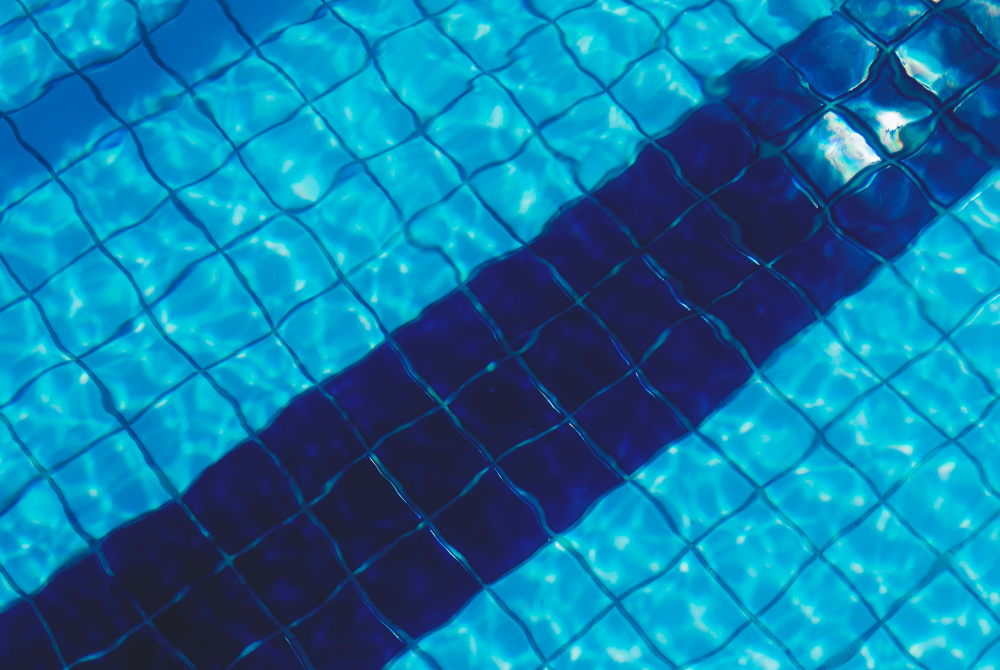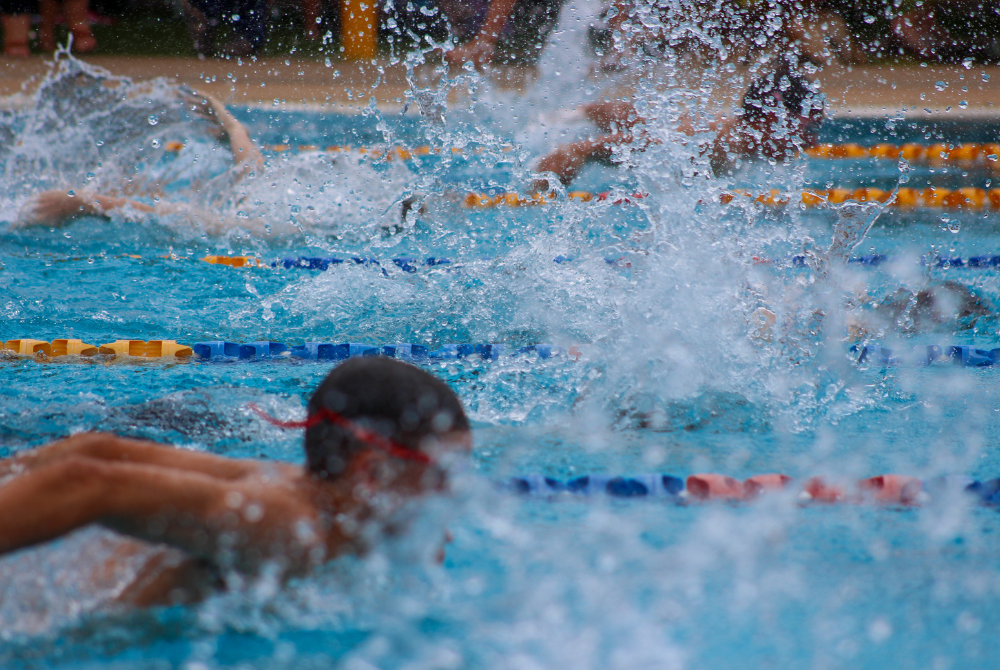At Fulton Swim School, we have had the privilege of teaching many young Kiwi children since we started in 2005, and each child has taught us new and valuable lessons which have helped us to become the best swimming teachers we can be!
Since some children may naturally excel in some areas, and potentially have difficulty in others, we ensure that our swimming classes remain small enough so that every child gets the guidance and support they need to gain confidence in the water.
This is extra helpful if your child is autistic so that they can focus on their lesson without the added distraction of a large crowd of students in the pool, and it means that our instructors can give each child the support they need to make the most of their lessons.
It is generally agreed that autistic children benefit from routine and structure, so committing to a regular, structured swimming lesson can help you and your family to build a routine, and make the most of all that swimming lessons have to offer!
How A Structured Swimming Lesson Can Help Autistic Children
If you are the parent or primary caregiver of an autistic child, you probably already know that autism spectrum disorder affects 1 in every 100 New Zealanders.
We recognise that autism affects everyone differently, and children are certainly no exception! We also know that learning to swim can feel like a scary process for many children, and it can be especially overwhelming if your child experiences sensory sensitivities or has difficulty with social interactions and communication.
We want to be part of ensuring that autistic children all over New Zealand are empowered and confident within themselves! We think that swimming lessons can be a positive, enjoyable experience and can help to foster that belief in themselves, here’s how:
Routine
Autistic children often benefit from structured routines and predictability. Swimming lessons offer a consistent and structured environment, with a predictable schedule and familiar activities. Our goal is for your autistic child to feel a sense of security and comfort when they come to their lesson.
At Fulton Swim School, our lessons run year-round, so your little one can settle into their swimming lesson routine, and won’t have to deal with the stress of taking a break for school holidays, just to get back into their groove again when the term starts back up. This means that they are able to focus less on processing the stimuli in their surroundings, and promotes engagement during their lessons - so they can focus on learning and having fun in the pool!

Socialising
Swimming lessons provide opportunities for social interaction with other children and instructors, in a setting where making friends isn’t the main focus, just a fun bonus - so there’s not much pressure on your child!
Structured settings, like swimming lessons, are a great way to help autistic children develop social confidence and skills such as turn-taking, following instructions, and engaging in cooperative activities. Group lessons also create a supportive environment where children can interact, make friends, and learn from each other at their own pace.
Relaxation
Water has a calming effect on many individuals, including autistic children. You could think of an indoor pool like the underwater equivalent of a sensory swing. Swimming can help children regulate their sensory input, reduce anxiety, and promote relaxation, and this is even easier to do in a specialist facility like ours where distractions are minimised and your child doesn’t need to process sensory input from wind, sun, or passersby.
The combination of water's soothing properties, and the physical activity involved in swimming, can contribute to a better overall emotional state. Many swimmers notice that they are immediately more relaxed and sleep better after a lesson, which may help your autistic child to process stimulation and feel calmer as they go about their day.
Confidence
As your autistic child learns new swimming skills and progresses through their structured lessons, you’ll see their confidence and self-esteem grow!
Mastering new tasks, achieving milestones, and making friends while swimming will give them a sense of accomplishment and pride in their abilities. This increased confidence may also extend to other areas of their lives, making school and home life that extra little bit easier. Who knows, it might even be the start of a lifelong passion for swimming, or a desire to try other activities.
Health benefits
Swimming regularly has been proven to have incredible health benefits for people of all ages!
For children, participating in a regular swimming lesson can help to develop muscle strength, mobility, and coordination. Encouraging children to pursue any form of exercise helps them to grow strong bones, muscles, and joints - it’s an investment in their future! Plus, once children feel comfortable in the water, it’s lots of fun too!
As if all of that wasn’t good enough, living in New Zealand, swimming is a big part of many families’ lives over the summer. So, regularly attending swimming lessons may also help your autistic child to feel included, and stay safe over the warmer months, whether they spend time at the beach, the river, or the local pool.

Ready to dive in?
There’s no need to jump in at the deep end! If your child is feeling nervous around water, or apprehensive about the idea of starting lessons, the colder months are an especially good time for you to consider enrolling your little one in swimming lessons. With fewer students in some of our classes over autumn and winter, we may be able to offer a class with a lower student-to-teacher ratio so that your child is able to easily access more support, if they need it.
It’s the perfect time to help your autistic child dip their toe into swimming lessons, so why not give it a go? Contact our lovely team to find out more about your local Fulton Swim School’s classes and timetables, or drop into your local Fulton Swim School for a visit with your little one - we’d love to show you around!
